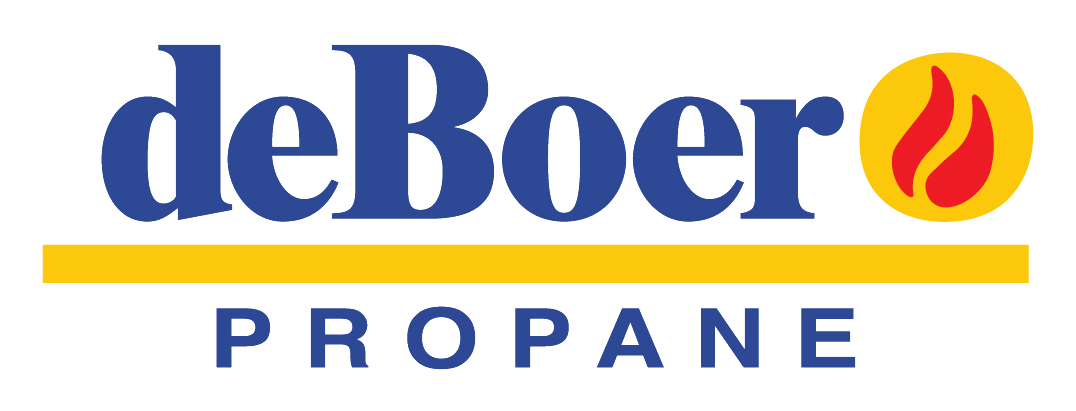Improper handling of propane can jeopardize employee safety, damage property, and interrupt business operations. Commercial facilities must prioritize strict protocols to ensure compliance and reduce risk.
At deBoer Propane, we provide expert commercial propane services in Florida Keys, helping businesses implement reliable systems that meet all safety codes and operational demands.
This article explores key practices for commercial propane storage safety, outlining essential precautions, regulatory requirements, and storage strategies that support safe and efficient facility operations.
End-to-End Commercial Propane Solutions: From storage to delivery, deBoer Propane provides everything your business needs to stay safe and powered. Call today!
Essential Guidelines for Safe Propane Storage in Commercial Facilities
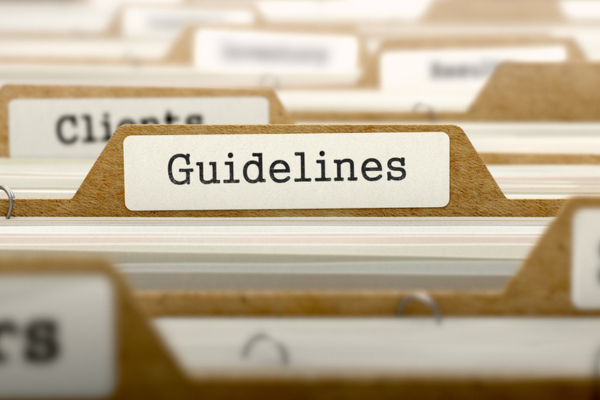
Safe propane storage begins with understanding the unique hazards and responsibilities associated with commercial use. By following clear guidelines, businesses can significantly reduce risks and maintain regulatory compliance.
Upgrade Your Propane System with Confidence: Let deBoer Propane design and install the right tank solution for your business. Contact us today!
Understand Propane Hazards and Risks
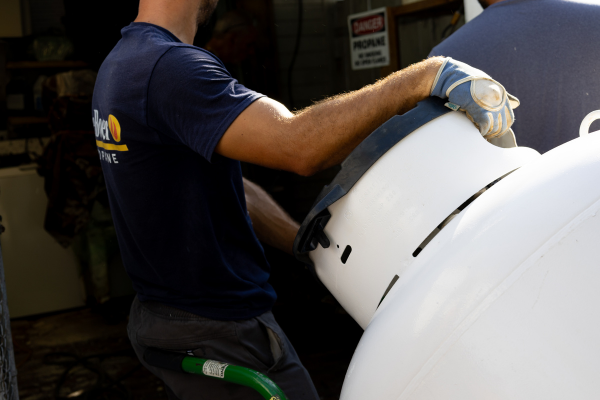
Recognizing propane’s properties is the first step in ensuring safe storage and handling. As a highly flammable fuel, propane presents serious risks if not handled correctly. Its vapors are denser than air, allowing them to collect in low areas where ignition sources can trigger explosions, making awareness of propane vapor risks essential.
Temperature fluctuations also affect tank integrity. Rising heat increases internal pressure, while cold can lower it, both of which impact system performance and safety. This makes tank pressure safety a top priority, along with installing and maintaining pressure relief valves to prevent over-pressurization and accidental release.
Simplify Your Fuel Management with Expert Support: Let deBoer Propane handle your propane tank installations, inspections, and deliveries. Reach out now!
Understand Applicable Propane Regulations & Standards
Strict regulatory compliance is not optional – it’s a key component of commercial propane storage safety. Facilities must follow multiple layers of codes that govern how propane is stored, handled, and used to reduce risks and avoid violations.
Local Fire and Building Codes
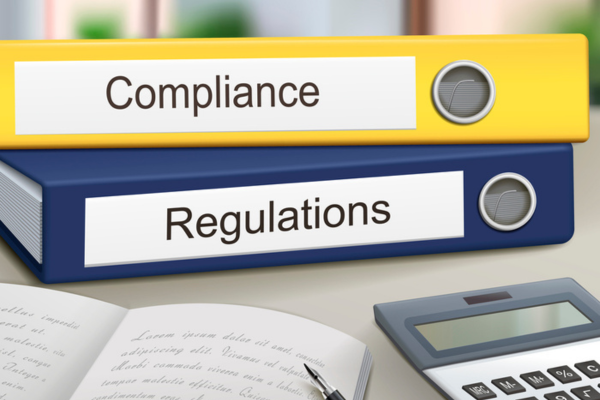
Your municipality or state likely enforces specific propane storage regulations that dictate how far propane cylinders must be kept from buildings, ignition sources, and property lines. These local propane codes also specify maximum allowable container sizes and whether tanks can be stored indoors or outdoors. Reviewing these rules with your fire marshal or local authority is essential.
NFPA 58 (Liquefied Petroleum Gas Code)
NFPA 58 is the national standard for safely storing, transferring, and using liquefied petroleum gas. It outlines technical requirements for system design, tank placement, ventilation, piping, signage, and emergency shutoff protocols. For commercial propane installations, following NFPA 58 ensures your facility meets the highest level of industry-recognized safety.
Fueling Your Business with Safety and Precision: Discover why companies trust deBoer Propane for dependable commercial propane services. Contact us today!
OSHA Requirements
OSHA regulates propane as a hazardous material under its compressed gases standard (29 CFR 1910.101). This includes rules for labeling cylinders, securing tanks upright, inspecting connections, and training employees on safe handling procedures. Meeting OSHA propane storage standards helps reduce workplace injuries and ensures your safety program is legally sound.
Choose a Safe, Designated Propane Storage Area
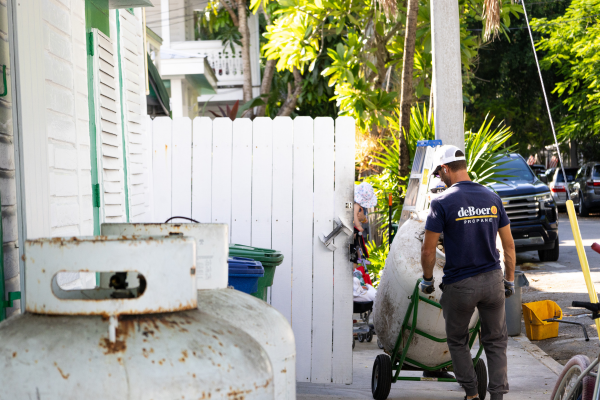
Selecting an appropriate location for propane cylinder storage is essential for safety and compliance. To minimize ignition risks, tanks should always be placed at least 10 to 20 feet away from occupied buildings, including any doors, windows, or air intake vents.
The storage area should feature a flat, stable, and well-drained surface, such as a concrete pad or asphalt, to reduce the chances of tipping and prevent standing water from corroding tank components.
Store cylinders in a lockable, ventilated enclosure or fenced area marked with clear hazard signage for added protection. Adequate airflow prevents vapor buildup and maintains a secure, compliant commercial propane enclosure.
Safe, Professional Propane Tank Installations for Your Facility: Ensure code compliance and operational reliability. Call deBoer Propane now!
Handle and Stack Propane Cylinders Properly
Proper handling and storage of propane cylinders help prevent accidents, equipment damage, and regulatory violations. Always use approved dollies or propane carts to move cylinders, reducing the risk of drops, dents, or valve impacts.
Cylinders must be stored upright and secured to a wall or rack with chains or straps to prevent tipping and protect the valve assembly. Full, in-use and empty cylinders should be clearly labeled and stored separately to avoid confusion and ensure accurate inventory tracking.
Following these propane cylinder handling practices is essential to stack propane tanks safely and maintain a hazard-free storage environment.
Ensure Proper Propane Ventilation & Gas Detection
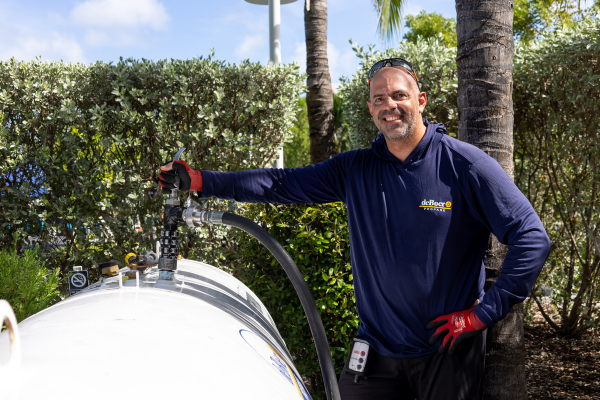
Effective ventilation and reliable leak detection are vital to maintaining a safe propane storage environment. Propane is heavier than air, so vapors can accumulate in enclosed or poorly ventilated spaces. Therefore, cylinders must be stored in open areas with natural airflow to meet propane ventilation requirements.
Commercial gas detectors should be installed at low and high points to catch rising leaks or settling vapors, providing early warnings before hazardous concentrations develop. These propane leak alarms must be flame-proof and rated for industrial use. Regular calibration and maintenance by professionals ensure that detection systems remain accurate and fully functional.
Custom Commercial Propane Plans That Work for You: We tailor storage and delivery solutions around your business’s needs. Reach out today!
Fire Prevention and Emergency Preparedness

Every commercial facility storing propane must be equipped to prevent fire hazards and respond quickly if an emergency occurs. Implement the following measures to strengthen your safety readiness:
- Maintain Clear Access for Fire Services: Ensure propane storage areas are unobstructed, well-lit, and clearly marked to allow easy entry for emergency personnel.
- Provide Class B Fire Extinguishers Nearby: Keep extinguishers rated for flammable gases within easy reach of the storage zone. Inspect them monthly to ensure full functionality.
- Develop an Emergency Action Plan: Create a detailed response plan that covers propane leak response protocols, designated evacuation routes, and clearly labeled emergency shutoff procedures.
Avoid Downtime with Smart Propane Delivery Scheduling: Stay ahead of demand with automatic deliveries and reliable service from deBoer Propane. Contact us now!
Schedule Regular Professional Propane Equipment Inspections
Consistent propane tank inspection ensures safety and regulatory compliance at your commercial facility. Hire certified propane service technicians, such as those at deBoer Propane, to perform comprehensive evaluations of tanks, valves, regulators, and associated piping systems. These experts conduct leak detection and pressure testing to confirm that all equipment functions properly under standard conditions.
As part of professional propane maintenance, it’s essential to maintain accurate records of each inspection, including service dates, findings, and any corrective actions taken. This documentation supports your commercial propane service plan and helps verify ongoing compliance with industry standards.
Train Employees and Post Clear Signage

Employee awareness and clear communication are essential components of a safe propane storage environment. Provide propane safety training to all staff, covering proper handling techniques, how to recognize signs of a leak, and the steps to take during an emergency.
Post commercial safety signage prominently around storage areas, including “No Smoking,” “Flammable Gas,” and evacuation instructions – using multiple languages if necessary to ensure comprehension. Reinforce safety protocols through regular propane drill procedures, holding leak and fire response drills at least twice per year to keep all personnel prepared and alert.
From Warehouses to Restaurants – We Power It All: Get expert propane service and installation for every commercial application. Call today!
Commercial Propane Storage Safety: FAQs

How Often Should Commercial Propane Systems Be Inspected?
Commercial propane tanks and related equipment should be professionally inspected at least once a year. However, more frequent checks may be required for high-volume users or if the system is exposed to extreme weather or operational stress. Routine inspections help ensure compliance and reduce the risk of costly safety issues.
Can I Store Propane Cylinders Indoors in a Commercial Setting?
In most cases, no. Indoor propane cylinder storage is highly restricted due to ventilation and fire risks. Exceptions exist for certain industrial uses, but they must meet strict building and fire code requirements. Always consult local codes or work with a certified propane provider to ensure compliance.
What Type of Fire Extinguisher Is Required Near Propane Storage?
Class B fire extinguishers, specifically rated for flammable gas fires, are required near propane storage areas. These should be clearly accessible, regularly inspected, and maintained according to fire safety regulations.
Commercial Propane Made Simple: Trust deBoer Propane for safe installation, service, and delivery across the Florida Keys. Reach out now!
Are There Size Limits for Propane Cylinders Stored at a Commercial Facility?
Yes. Most jurisdictions limit the size and total number of cylinders that can be stored on-site, especially in proximity to buildings or public access areas. These limits are defined by NFPA 58, OSHA, and local fire codes. A certified propane provider can help determine what’s allowed at your location.
What Happens If a Propane Leak Is Detected?
If you suspect a propane leak, evacuate the area immediately – do not attempt to locate the source, and do not use cell phones, electronics, or anything that could cause a spark near the suspected leak. Shut off propane supply valves only if it’s safe to do so, then contact emergency services and your propane provider from a safe distance. Having trained staff and a written emergency response plan in place is essential for handling propane leaks safely and effectively.
Conclusion
Safe propane storage in commercial facilities requires strict attention to location selection, proper handling, adequate ventilation, and routine professional oversight. Following these practices reduces risks, ensures code compliance, and protects personnel and property. From secure enclosures to gas detection systems and trained staff, each element plays a vital role in maintaining a safe work environment. Keeping accurate records and scheduling regular inspections further strengthens your facility’s safety plan.
Ensure safe, compliant propane storage – contact deBoer Propane today, your trusted commercial propane safety partner.
Reliable Commercial Propane Delivery You Can Count On: Keep your operations fueled and compliant with timely, expert service from deBoer Propane. Contact us now!
Contact deBoer Propane for Premier Commercial Propane Services
deBoer Propane is the Florida Keys’ trusted source for reliable residential and commercial propane delivery. Known for our exceptional service and local expertise, we proudly serve homeowners and businesses throughout the region with safe, on-time deliveries and a commitment to excellence that sets us apart. Whether you’re fueling a home, restaurant, resort, or marina, deBoer Propane offers responsive, knowledgeable service you can depend on.
We make propane service simple and affordable. We offer flexible propane delivery options and competitive pricing plans tailored to your needs. Our team works closely with each customer to ensure consistent fuel supply, budget-friendly payment programs, and hassle-free scheduling that fits your lifestyle or business operations.
With deBoer Propane, you get more than just fuel – you get a trusted partner committed to serving the Florida Keys community with professionalism, safety, and care. Reach out today to learn how we can support your home or business with stress-free propane solutions tailored to you. Call now!
You can click here to contact us now or call us at (305) 296-2848 to find out more! Click the link to view our service area.
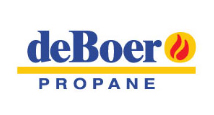
Related Articles:
